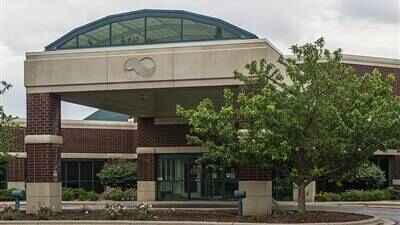About Aurora Behavioral Health Center – Neenah
Aurora Behavioral Health Center in Neenah, Wisconsin delivers targeted outpatient behavioral health services. They offer substance use recovery and treatment for common mental health issues like depression and anxiety. They also treat child & adolescent issues, eating disorders and dually diagnosed conditions.
They support couples, families and individuals of all ages leveraging their skilled staff to promote the general wellbeing of the community they serve. I believe the best thing about them is that you can access primary medical care, urgent care and family medicine alongside other medical services all in one location. This enhances convenience, continuity of care and better coordination between mental and physical health services.
I also like that most of their behavioral providers accept Medicaid and Medicare alongside numerous private health insurance. This keeps costs low and makes behavioral healthcare accessible to broader audiences. Another noteworthy thing is that they offer telehealth or virtual support. This lets you chat with a provider about your symptoms and receive diagnosis an treatment plans virtually through a secured videoconferencing platform. It’s a convenient way of receiving healthcare anytime and anywhere.
The experts at Aurora Behavioral Health Center make substance use recovery easy, convenient and less overwhelming. They adopt a tailored care approach to ensure the best therapeutic support and recovery outcomes. This is made possible via personalized care planning following detailed intake assessment including psychological evaluation.
Recovery may involve a combination of counseling, psychotherapy and psychiatric support depending on your care plans. Their substance use counseling may involve both group and individual sessions. This can help lay bare the root causes of your substance dependence while equipping you with practical skills to prevent relapse.
Group counseling is particularly beneficial as it enables you to practice essential life skills like managing anger/stress, healthy communication and problem solving in a nonjudgmental setting. These everyday skills foster sobriety and prevent relapse. Psychiatric care may involve assessment and medication prescription and management. This can form part of integrated care for people dealing with dually diagnosed substance use and mental disorders. It’s all about finding the right tools for your recovery and making sure you have the support to move forward.














